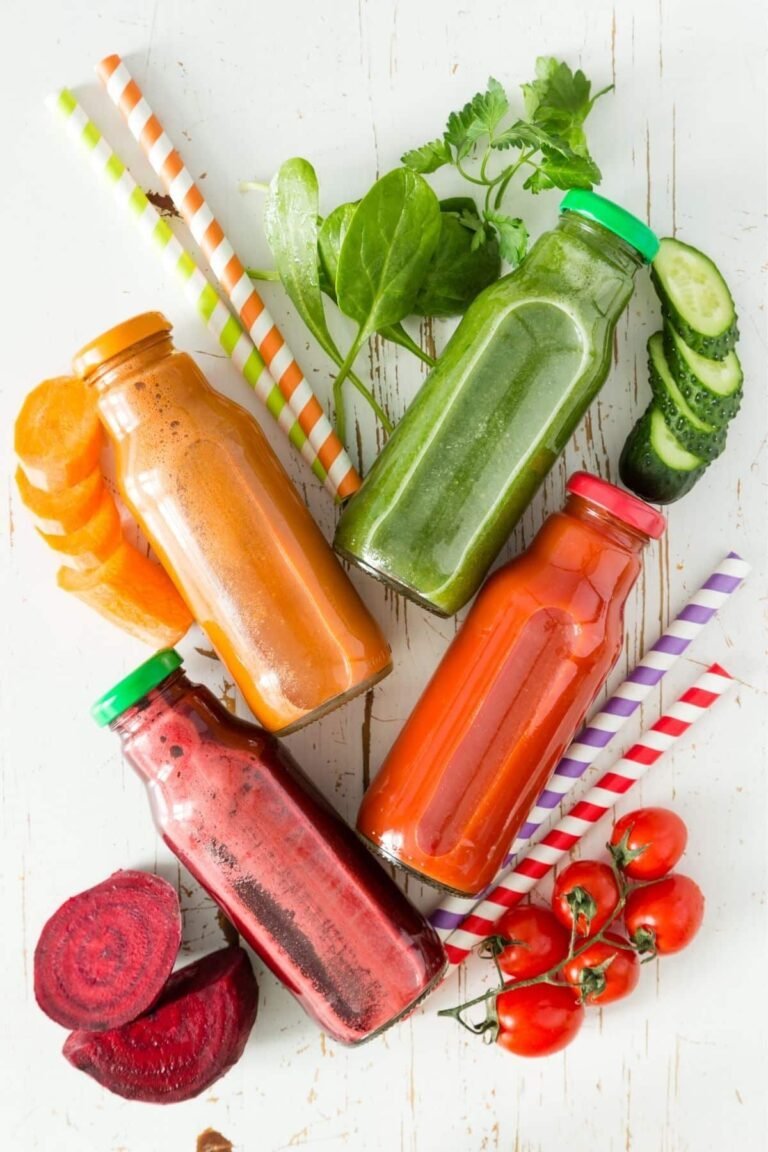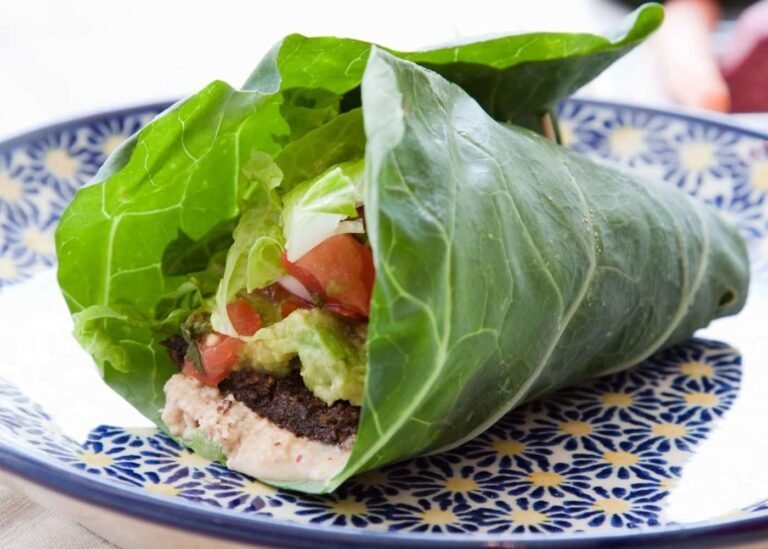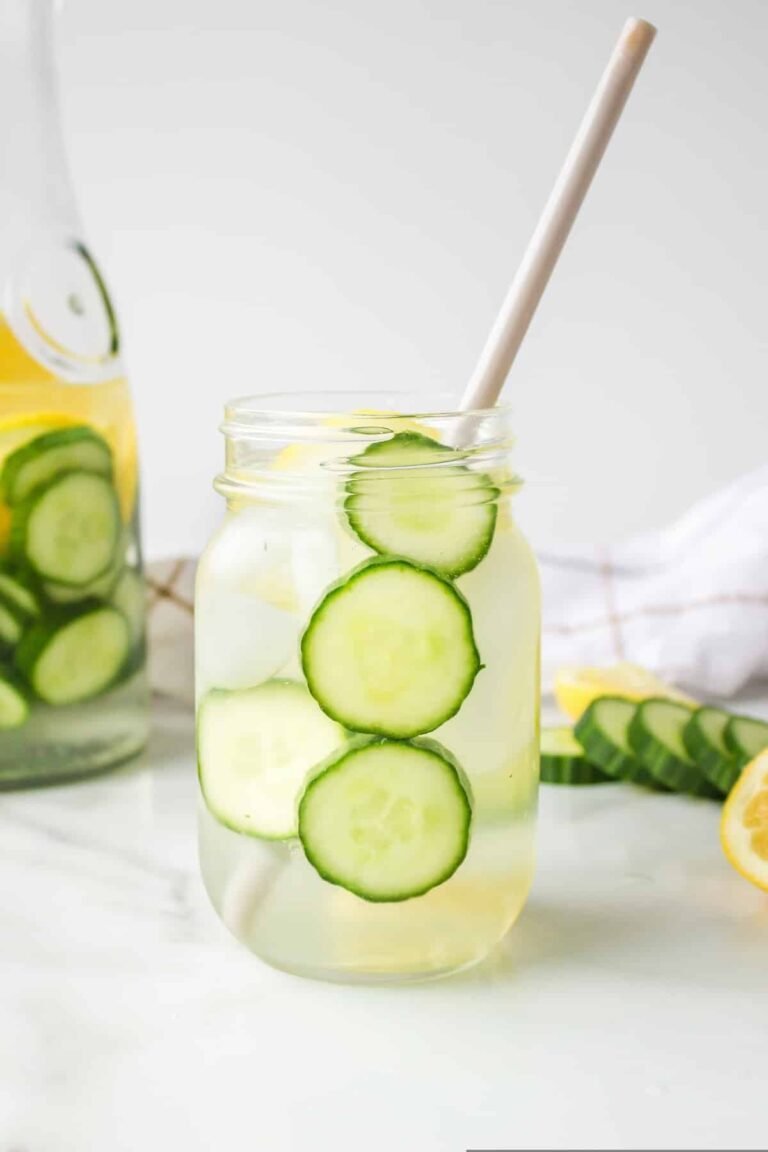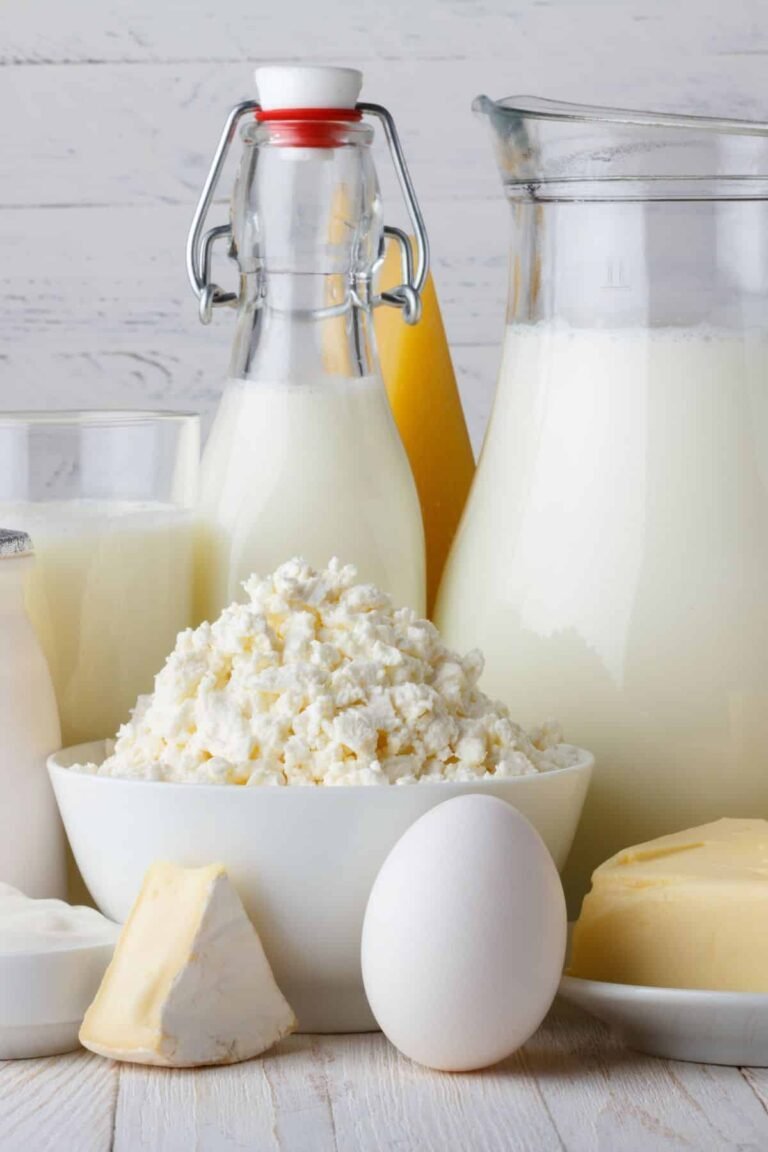10 Best Natural Sugar Substitutes
Are you looking to cut down on sugar but don’t want to sacrifice sweetness? You’re not alone. Many Americans are consuming more sugar than recommended, leading to various health issues like inflammation, heart disease, and weight gain. But fear not, there are plenty of natural sugar substitutes that can satisfy your sweet tooth without the negative consequences of sugar.
Let’s explore the top 10 alternatives in layman’s terms:
- Erythritol: A zero-calorie sweetener derived from natural sources, perfect for those watching their blood sugar levels. However, some people may experience digestive issues.
- Monk Fruit: Extracted from a fruit found in China, monk fruit is intensely sweet without affecting blood glucose levels. Keep an eye out for potential aftertastes.
- Stevia: Derived from the stevia plant, this zero-calorie sweetener is great for keto diets and diabetics. Watch out for bitterness and cravings due to its high sweetness.
- Xylitol: Another zero-calorie option that may benefit oral health and act as a prebiotic. However, it can cause digestive discomfort in some individuals.
- Raw Honey: While it contains nutrients, raw honey still raises blood sugar levels, albeit more slowly than refined sugar. It’s best enjoyed in moderation.
- Yacon Syrup: Made from a South American root vegetable, yacon syrup is low in sugar and glycemic index, making it suitable for diabetics and keto diets.
- Dates, Date Sugar or Date Syrup: High in fiber, dates offer sweetness with a slower impact on blood sugar levels compared to refined sugar.
- Blackstrap Molasses: Rich in nutrients but still contains calories, carbohydrates, and sugar. It’s a better option than refined sugar but should be consumed mindfully.
- Fruit Purees: These whole-food substitutes are great for baking and add natural sweetness with added fiber benefits.
- Maple Syrup or Coconut Sugar: Both options offer vitamins, minerals, and antioxidants, but they still contain significant calories and carbohydrates.
Bonus: Allulose:
A natural sugar found in fruits and vegetables, allulose has unique properties making it a popular choice in the food industry.
In conclusion, reducing sugar intake is beneficial for overall health, and natural sugar substitutes offer a sweet solution without the drawbacks of sugar. However, moderation is key, and individual preferences and health conditions should be considered when choosing alternatives.
FAQs:
1. Are these substitutes safe for diabetics?
Yes, many of these alternatives have low glycemic indexes or zero sugar content, making them suitable for diabetics. However, it’s essential to monitor blood sugar levels and consult with a healthcare provider.
2. Can I use these substitutes for baking?
Absolutely! Many of these substitutes work well in baking recipes, offering a healthier alternative to traditional sugar.
3. Are there any side effects of using these substitutes?
While generally safe, some people may experience digestive issues with certain sugar alcohols like erythritol and xylitol. It’s best to start with small amounts and monitor your body’s response






